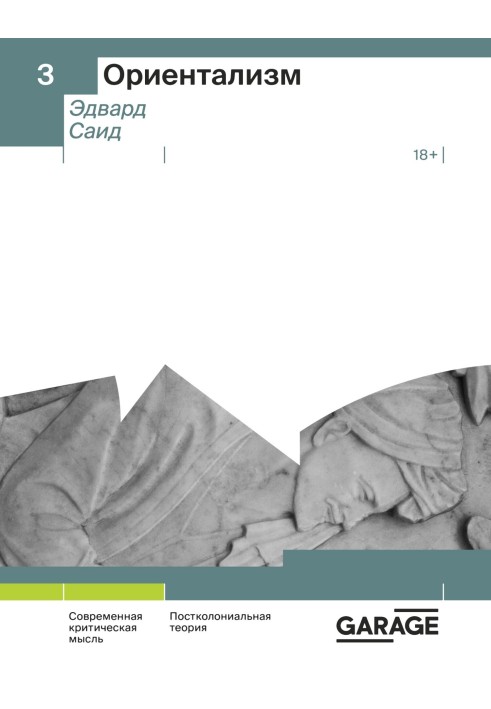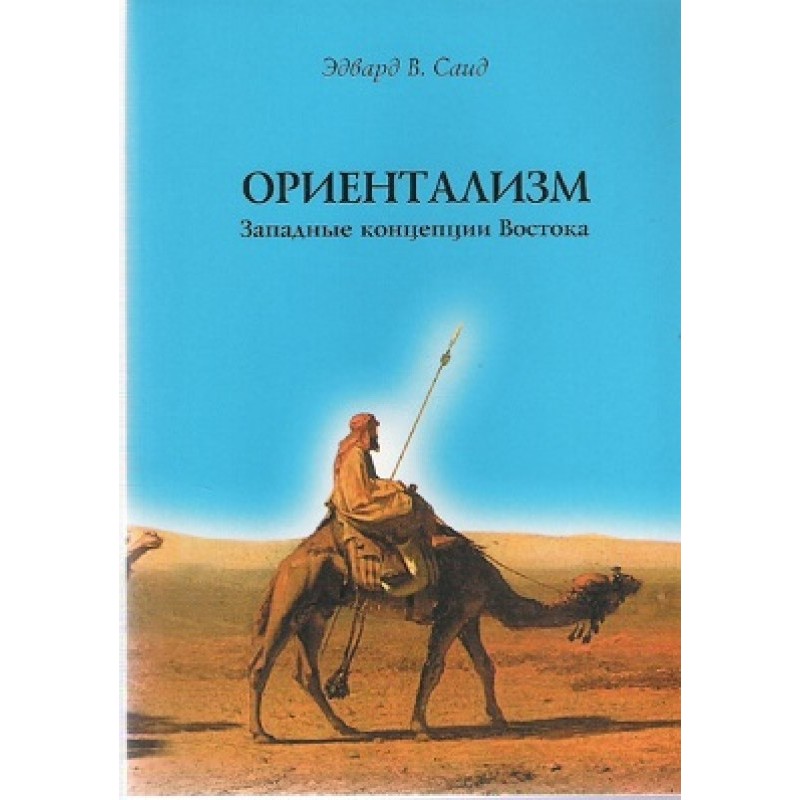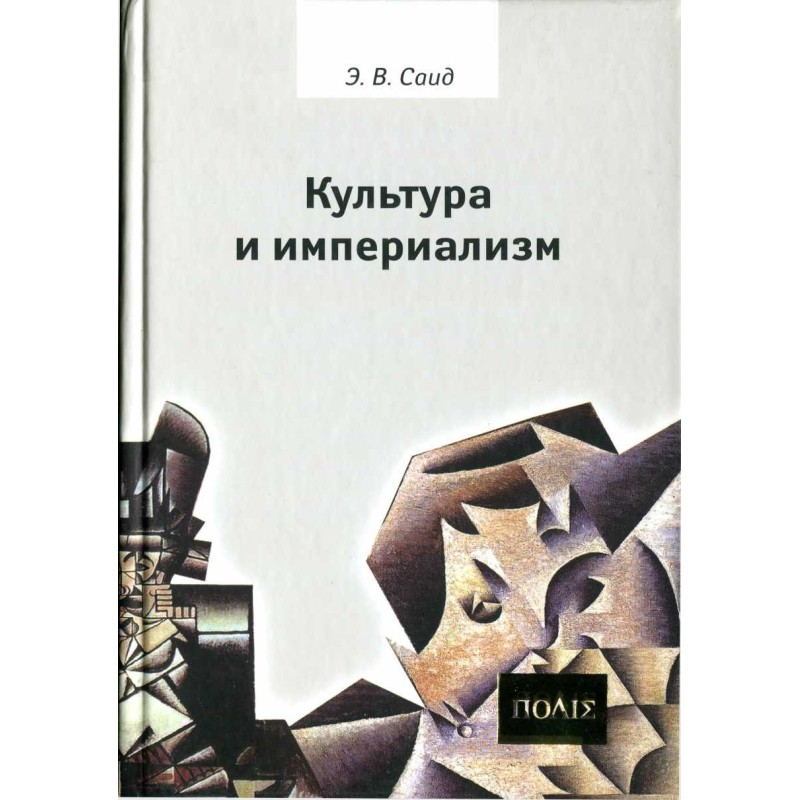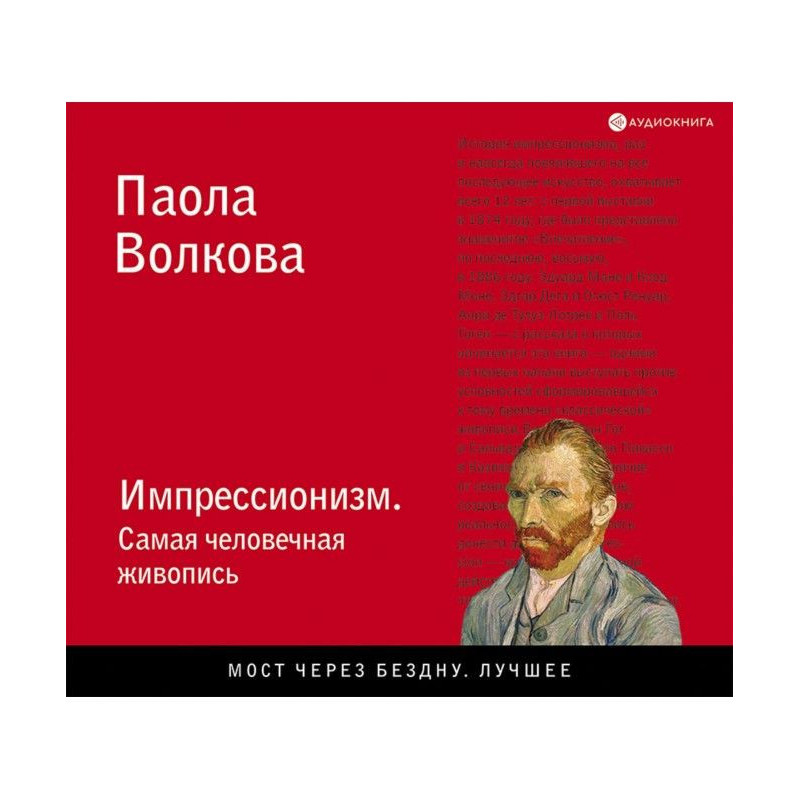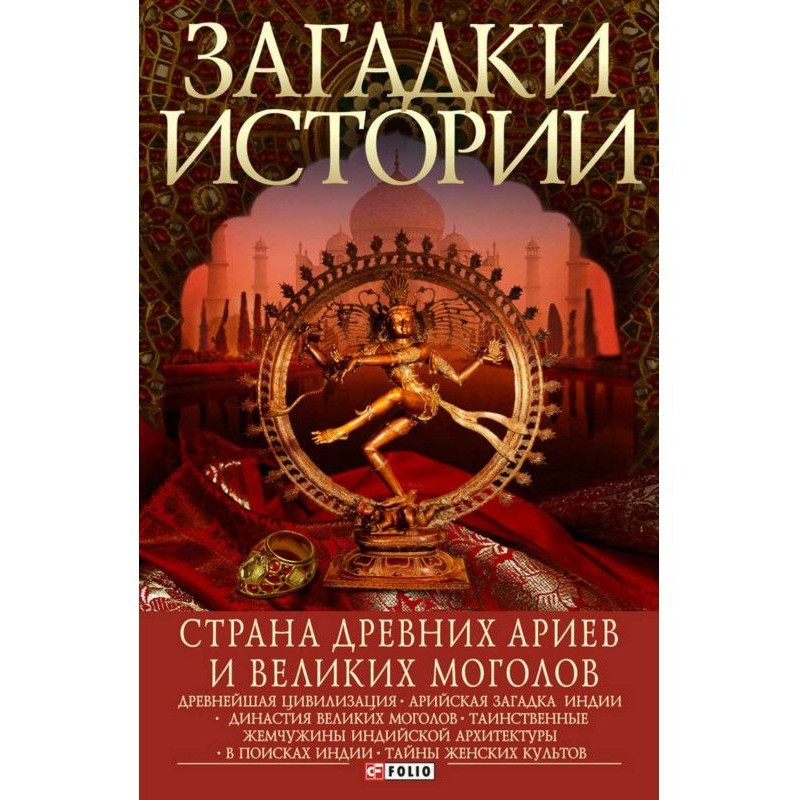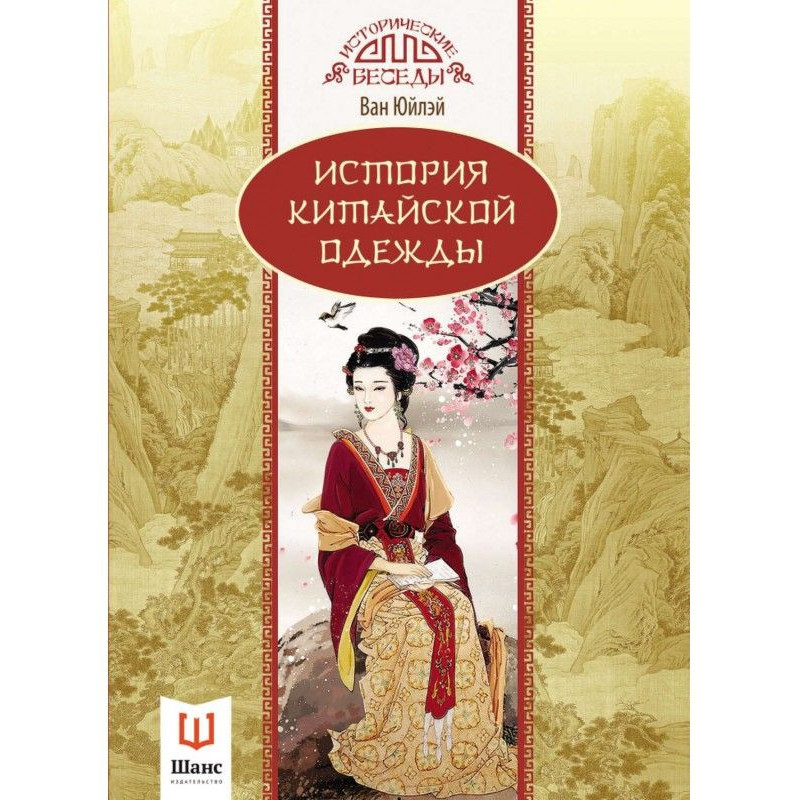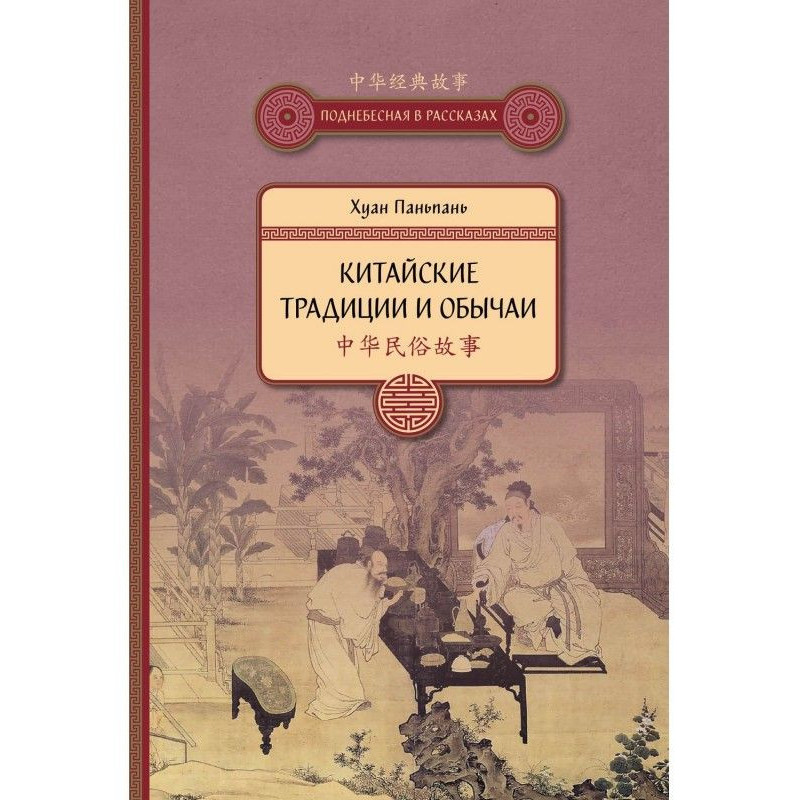Orientalism
 Instant download
Instant download
after payment (24/7)
 Wide range of formats
Wide range of formats
(for all gadgets)
 Full book
Full book
(including for Apple and Android)
This book is a new translation of Edward Said's classic Orientalism. The author focuses on the genealogy of European thought about the “East”, the functioning of this speculative concept and its connection with reality. Said carefully explores the possible origins of this concept through the problem of the canon. But the main focus of his arguments is focused on the complex relationships between three structures - power, academic knowledge and art - as reflected in the activities of various representatives of politics, science and literature of the 19th century. Said argues that intertextual interaction formed the idea (Platonic essence) of the “East” - an image that only strengthened from generation to generation as opposed to the idea of “us” (Europeans). This confrontation was associated with the implementation of relations of dominance - subordination, the desire of the metropolises to formulate their own rules of the game and speak for the colonized peoples. These ideas found their “way out” in reality: in wars, colonial conquests, the activities of colonial administrations, and subsequently in the implementation of major strategic projects, for example, in the construction of the Suez Canal. The author also finds them in his contemporary world, for example, in American policy in the Middle East. Said's book gave rise to a revision of approaches to the history, culture, and art of Asian and African countries, a revision of existing knowledge, and initiated new forms of academic analysis.
Data sheet
- Name of the Author
- Эдвард Саид Вади
- Language
- Russian
- Translator
- Катарина Лопаткина
Reviews
Неперевершений аналіз західного сприйняття Сходу
Книга Едварда Саїда «Орієнталізм» є справжнім шедевром, який відкриває нові горизонти в розумінні складних відносин між Сходом і Заходом. Автор майстерно досліджує генеалогію європейської думки про «Схід», вказуючи на те, як стереотипи та уявлення про інші культури формувалися під впливом політичних, соціальних і культурних чинників. Саїд вміло поєднує академічний аналіз з історичними прикладами, що робить його аргументи ще більш переконливими. Книга не лише підкреслює важливість критичного мислення, але й спонукає читача переглянути свої власні уявлення про інші культури. Вона стала основоположною для нових досліджень у галузі культурології та постколоніальних студій, і її ідеї залишаються актуальними й сьогодні. Рекомендую «Орієнталізм» усім, хто цікавиться культурними взаємодіями, історією та соціальною справедливістю

